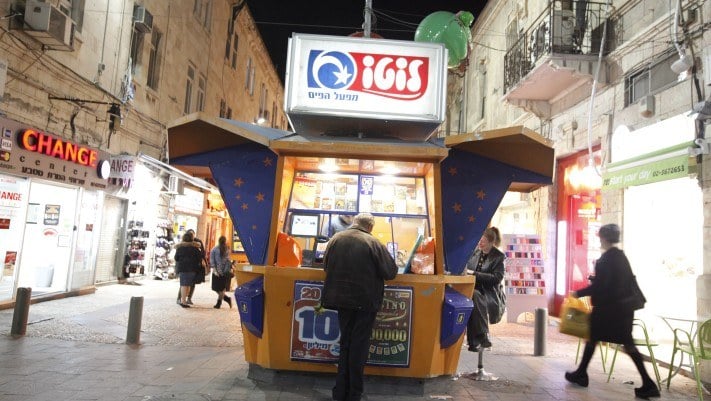Judge Orders Israel’s Slot Machines Reactivated, Operator Battles State
Posted on: January 10, 2017, 03:00h.
Last updated on: January 10, 2017, 03:14h.
An Israeli judge has ordered the country’s slot machines, shut down by government order at midnight on New Year’s Eve, switched back on.
With a smack of his gavel, Justice Yoram Danzinger set the reels spinning again on Sunday, mandating that the machines be reactivated, at least until the High Court of Justice could reach a final ruling on the matter.

Mifal Hapayis, the state lottery operator, petitioned the High Court over the government’s decision to pull the plug on its slot and keno machines, a ban that will leave it $208 million poorer, it says. The operator shares profits derived from lottery and slots with Israel’s Treasury Department, as well as local governments.
Gambling Growth Cap
The prohibition is part of a deliberate attempt by the Israeli government to cap the growth of its gambling sector. A recent report, enthusiastically implemented by anti-gambling Finance Minister Moshe Kahlon, recommended limiting the scope of the sector, while raising taxes on the few forms of gambling that remained afterwards.
Along with doing away with slots and keno machines, the report suggested prohibiting horse race betting as well, leaving just the national lottery and a limited amount of government-monopolized sports betting in the regulated gambling sector.
Negotiations between Mifal Hapayis and the government continued right up until the zero hour on New Year’s Eve, when the government threatened to pull the operator’s license if the machines were not switched off at midnight.
On January 2, amid further negotiations the government agreed to allow online lotteries and keno to compensate Mifal Hapayis for the loss of its slots. As well as extra lottery draws, the government will permit eight keno draws per day, but only for residents living in areas with a socio-economic rating of 6 and higher. Israel rates neighborhoods on scales of 1-10 for income, but how they plan to enforce this dictum is unclear.
Mifal Hapayis has also secured a new permit that will allow it to operate the lottery until at least the end of 2021.
Boon for Unregulated Operators
But despite the compromise, Mifal Hapayis says it’s concerned that the reduction in state-regulated gambling will be a boon to unlicensed rogue gambling operators.
“Bettors continue to gamble, but instead of the money going to Mifal Hapayis, which builds schools, it’s going into the pockets of loan sharks of the underworld,” a lawyer for the gaming operator told the High Court. “The treasury may want to save gamblers, but it’s causing them to sink deeper into the mud with loans from the gray market.”
The government wants to cap the growth of its gambling sector to three percent per year, a significant reduction of the 10 percent growth it has experienced every year for the past seven years.
No comments yet